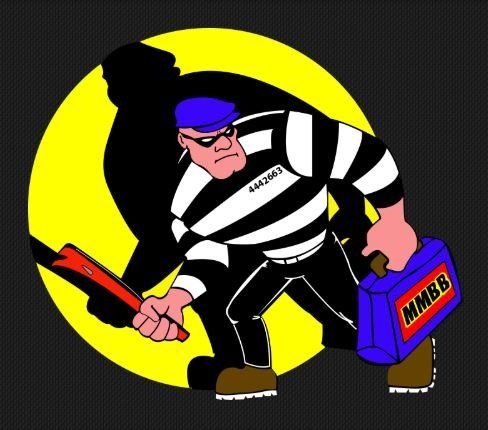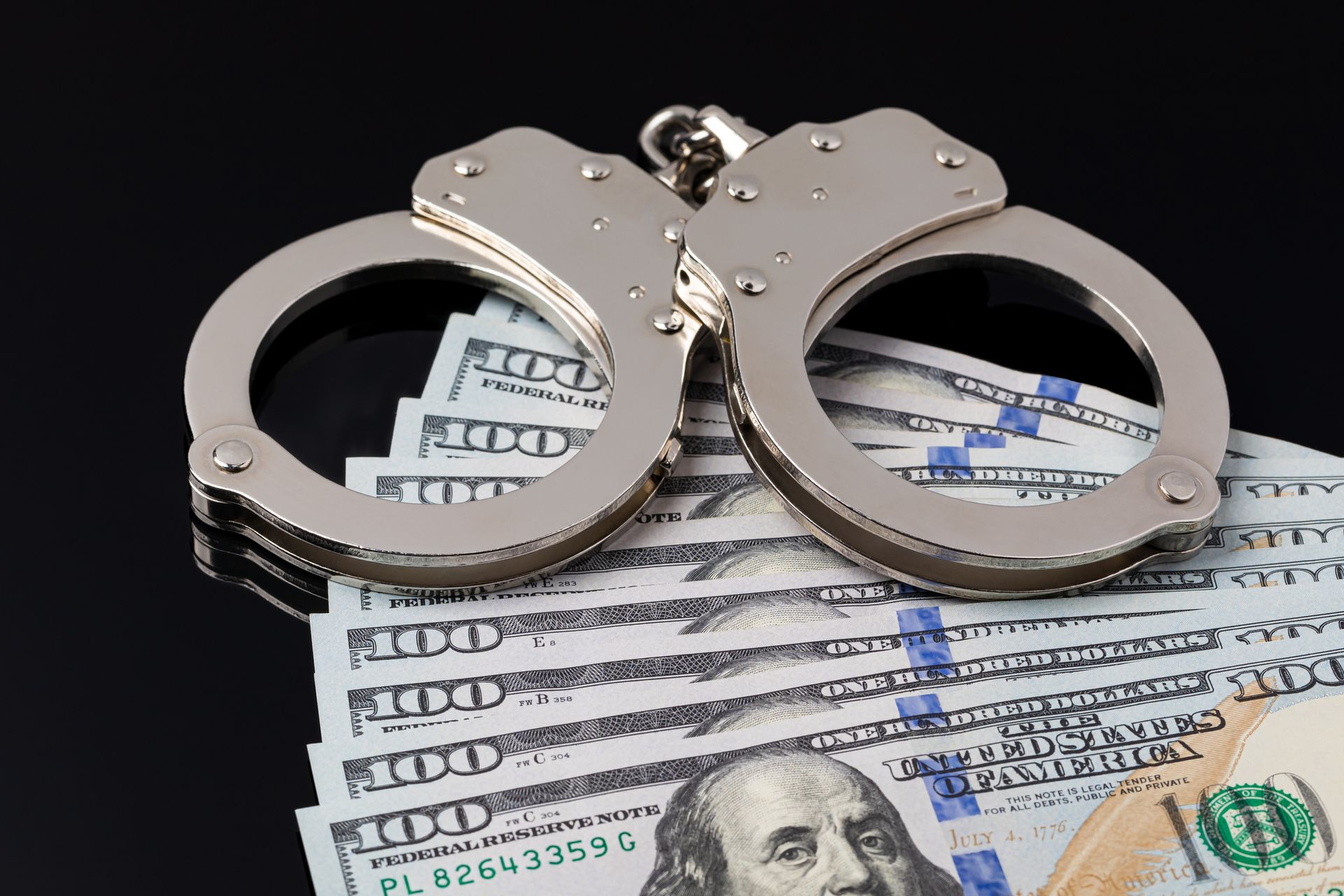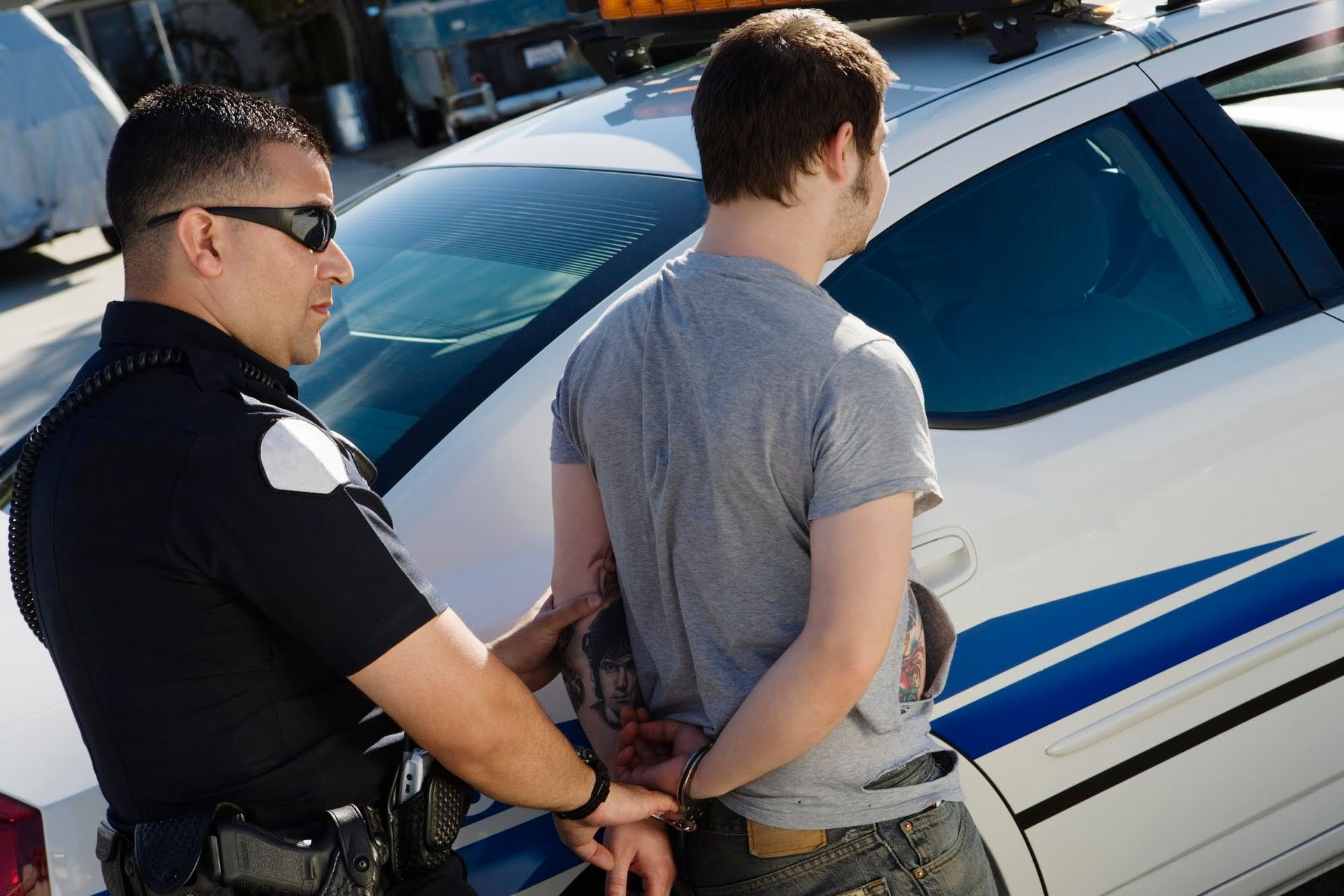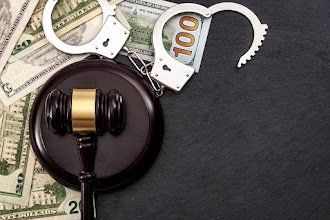What Responsibilities And Costs Does A Bail Bond Indemnitor Have?
Matt Mckeehan Bail Bonds • April 16, 2020
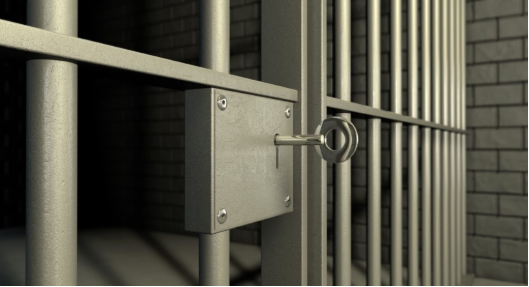
A bail bond indemnitor is an individual who essentially co-signs a bail agreement to secure the jail release of another person. If your loved one is arrested and you want to get them back home fast, you might wonder if acting as a bail bond indemnitor is the best way to do so.
Of course, you and your loved one both would probably like to hurry the release process along as much as possible, but it's important to fully understand what being an indemnitor means first. Read on to learn more about the responsibilities and costs associated with becoming an indemnitor in Florida.
Indemnitor Responsibilities
A bail bond indemnitor signs a bail agreement that allows a currently jailed individual to leave police custody and return home. When you sign the bail bond indemnitor agreement, you're taking on legal responsibility for the defendant until the time that they're finished with all court proceedings and the case is settled.
As a bail bond indemnitor, it's your responsibility to make sure the defendant appears at their scheduled court dates and that they meet any obligations mandated by the court. Additionally, you take on financial responsibility for the bond.
In the event that the defendant doesn't appear for their court dates, you'll pay the cost involved in locating the defendant, which is organized by the bail bond agency. Should that recovery effort fail, you're ultimately responsible for the full cost of bail.
Often, particularly in more complex bail bond cases involving felony charges or in situations where the bail is very high, the indemnitor must also provide collateral to secure the bond. So, you might need to provide a property deed, a vehicle deed, or some other type of collateral to secure the defendant's release.
Of course, after the defendant completes their court dates and meets any associated financial obligations, you get your collateral back. If the defendant doesn't appear in court, you could lose your collateral because the bail bond provider would use it to compensate the court for the full bond amount.
You need to know and trust the person for whom you’re acting as indemnitor because you both can face serious consequences if they do not appear in court in court. If you decide to act as indemnitor, make sure that you are not risking anything you can't live without, just in case something goes very wrong.
The vast majority of Florida bail bond cases work out well because generally those signing an indemnitor agreement are relatives or very close friends of the defendant who have absolute confidence in their trustworthiness.
Indemnitor Costs
The exact cost of a bail bond in Florida depends on the bail amount set by the judge. The state requires that all bail bonds are at least 6.5%
of the total bail amount, but the amount is generally 10%
of the total bail amount. If the defendant faces federal charges, the bail bond amount goes up to a minimum of 15% of the total bail amount.
The cost of the bail bond isn't refundable. Think of the bail bond money as the cost to have your loved one at home, rather than sitting in jail while they await their court date. When you consider how much time in jail that posting a bail bond can save, you'll see that the cost is well worth it.
Matt McKeehan Bail Bonds offers small and large bail bonds across the state of Florida and beyond, including the hard-to-do bail bonds that other agencies can't offer. We have an experienced team of eight bail agents and seven bond clerks ready to serve 24/7, 365 days a year. Reach out online or call for bail bond help today.
